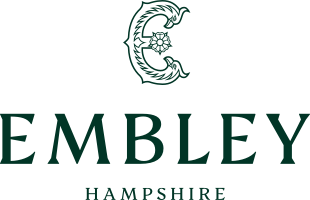I heard a great story the other day, a monk told me and its completely true. OK it may never have happened, but it is true none the less. A young man grows up in the shadow of a great mountain.
Each day he tends the animals on his parents’ farm and looks with increasing curiosity to the mountain range behind him. One peak really caught his attention, towering above the others capped with snow and cloud. What dizzy heights it spanned, what reach of scope and sky. One day he resolved to climb it to find out once and for all what was on the other side and what the view was like, I guess he was on a gap year, so why not?
On his first outing to the mountain, he met two travellers returning from their expedition. He asked about their experience and, in an attempt to inform his mind, he asked about their route. Well, they said, they certainly wouldn’t start from where he was. Not immediately helpful but I suspect they might have been my compatriots. No, they said, in hindsight it is too difficult, too high, too far, better to leave it and get on with his work, help his parents and think about his future. Stop daydreaming about mountains and what might be. Undeterred he found another path and during his ascent met two more travellers. They agreed that he shouldn’t start from his current position either and, with their benefit of hindsight, that he shouldn’t start at all. This happened several times and eventually the young man returned home and settled down. He never did climb the mountain.
Now, I suggested to the children during our first assembly that this story is highly significant for three reasons. The story saw a young man considering his future and what adventures he might have. It offered them an opportunity to consider what they wanted, what their goal for the new year unfolding before them might be. Rich in scope and possibility, the year ahead is a moment to potentially reinvent ourselves, to look at what we want to achieve and plan a way to achieve it. The most crucial point of this is ‘wanting it’. Rather than drifting though a year like the flotsam and jetsam thrown up by the tide and bounced around beaches; would they rather be the authors of their destiny? But to be that means to have a sense of your own direction, what you want to realise and then to commit to it. Commitment may seem like an anachronism, but I doubt it. I might dwell on the nonsense of self-fulfilment coming from within but that might be the subject of another ramble. Suffice to say that the tyranny of happiness is the relentless pursuit of pleasure rather than meaning. Pleasure is like sugar, the hit or rush is all in the moment, then gone. Contentment comes from purpose and meaning, it copes with the vicissitudes of life, it experiences joy and sadness but clings to neither as both pass, meaning and purpose remain.
If wanting to achieve your goal and committing to it is the first lesson, the second must be that each one tries to be the best version of themselves by simply being their best at all the things that take no talent. Now, fair point, I have borrowed this line from Paul O Connell, no biographical note required. Think about what that phrase means. Be your best at all the things that take no talent. If half the job is done simply by turning up, suppose you turn up early, give one hundred percent to the task at hand, support and encourage all around you to do the same? There is no special or particular skill here. If you come with all the tools needed for the job, you arrive on time and are ready to start, you are more than halfway to the goal.
I said there were three things to take from the story, the first was the inner desire to commit to a goal, the second was the drive to be your best at all the things that take no talent. Dear reader if you have come this far, then you know the third already and if you don’t then an explanation is unlikely to help. I know that because a monk told me.




